
In a world racing toward automation, it turns out that good manners come at a price — a steep one.

Smart renovations help businesses cut costs, boost comfort, and build a greener future—one upgrade at a time.

EPA is supporting rural, small, and tribal communities with technical assistance to improve wastewater systems and protect clean water.
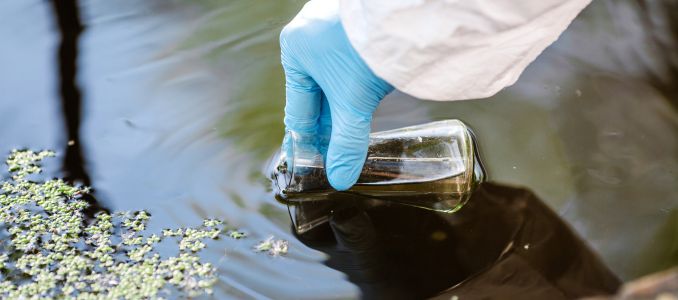
State grants will help five communities in the Ipswich River Basin upgrade water infrastructure and protect drinking water from harmful chemicals.
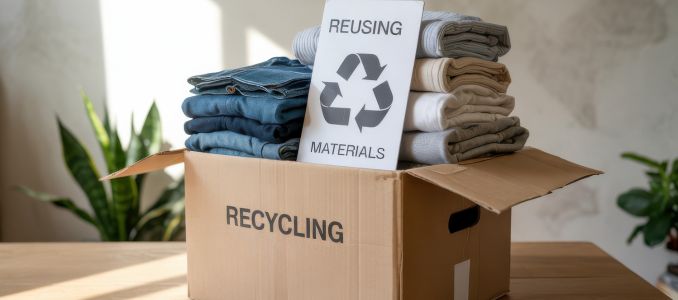
Recommerce helps protect the environment by cutting waste, conserving resources, and reducing carbon emissions.

The EPA has issued an emergency waiver allowing the sale of E15 gasoline throughout summer 2025 to help address ongoing fuel supply challenges.

EPA announces new measures to address PFAS contamination, including expanded testing, stricter regulations, and a polluter-pays framework.

Indoor air quality is gaining recognition as a critical element of industrial hygiene, essential for protecting worker health and safety in enclosed environments.
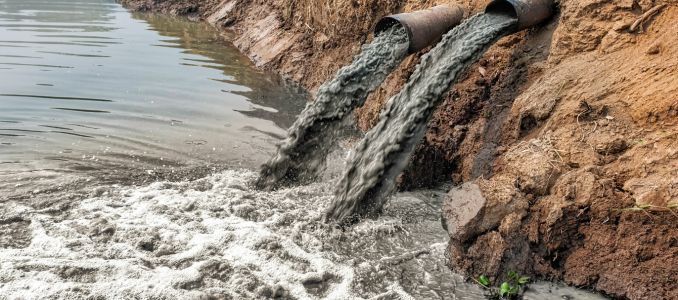
On Earth Day, EPA officials called for urgent action to resolve a long-standing cross-border sewage crisis impacting health and the environment.
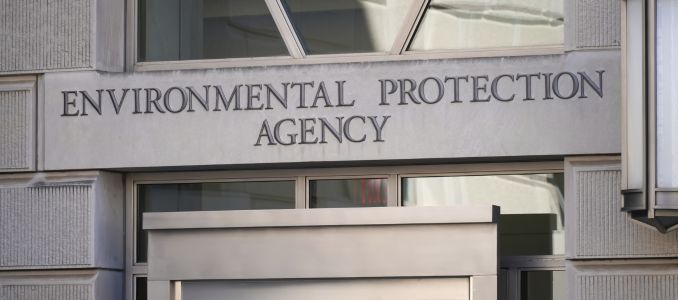
EPA staff working on environmental justice were notified of layoffs amid a broader agency reorganization.
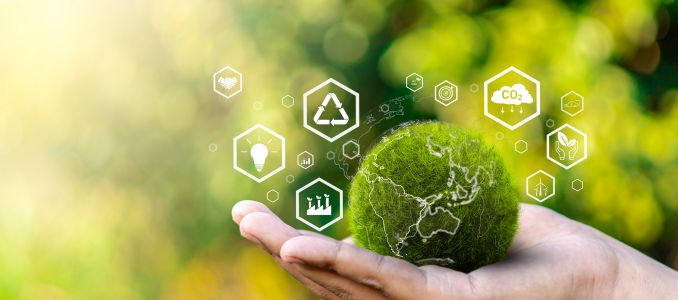
The first year of the league’s sustainability initiative showcases major progress in waste diversion, energy use, and water conservation.
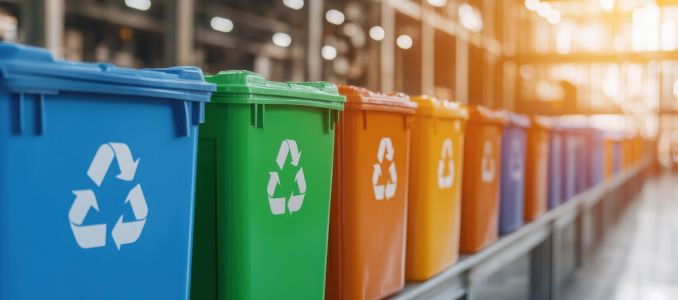
The bill sets the stage for a statewide EPR program to improve recycling access and hold producers accountable for packaging waste.
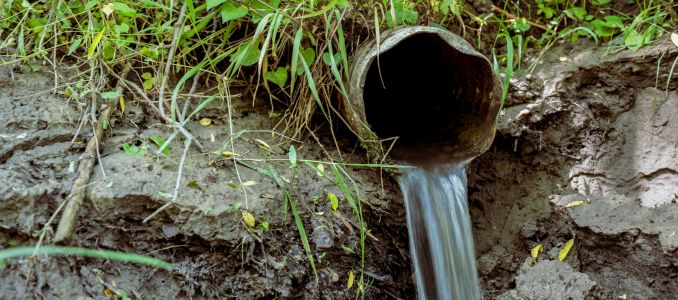
Public input is now open through May 19 on a proposed 2026 permit regulating industrial stormwater discharges across select U.S. regions.
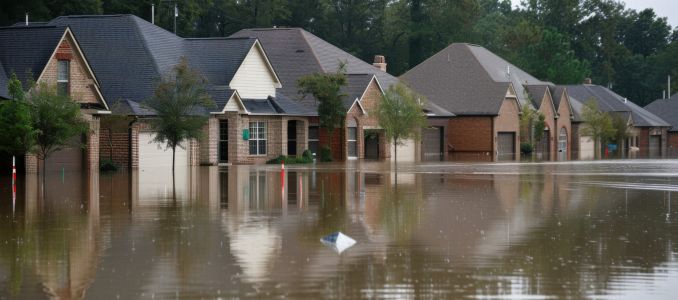
New York advances the Rain Ready Act to help local communities manage stormwater and prepare for increasingly severe flooding.
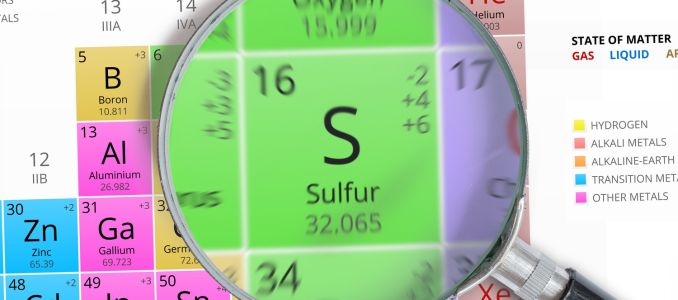
EPA investigates controversial startup for unauthorized sulfur dioxide releases in climate cooling scheme.

The EPA is launching a new scientific review to assess potential health risks of fluoride in drinking water following recent findings linking high exposure to lower IQ in children.
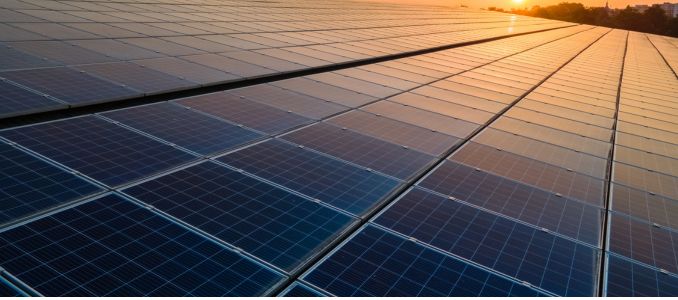
Solar power is cleaner than fossil fuels, but its environmental costs need smarter, safer solutions.

UV disinfection offers a safe, compact, and energy-efficient way to neutralize harmful pathogens without affecting water taste.

The EPA has completed hazardous material cleanup at the Lario Staging Area with no environmental impact.

Non-toxic paints offer a healthier, eco-friendly alternative to traditional paints, improving indoor air quality and supporting sustainable living.